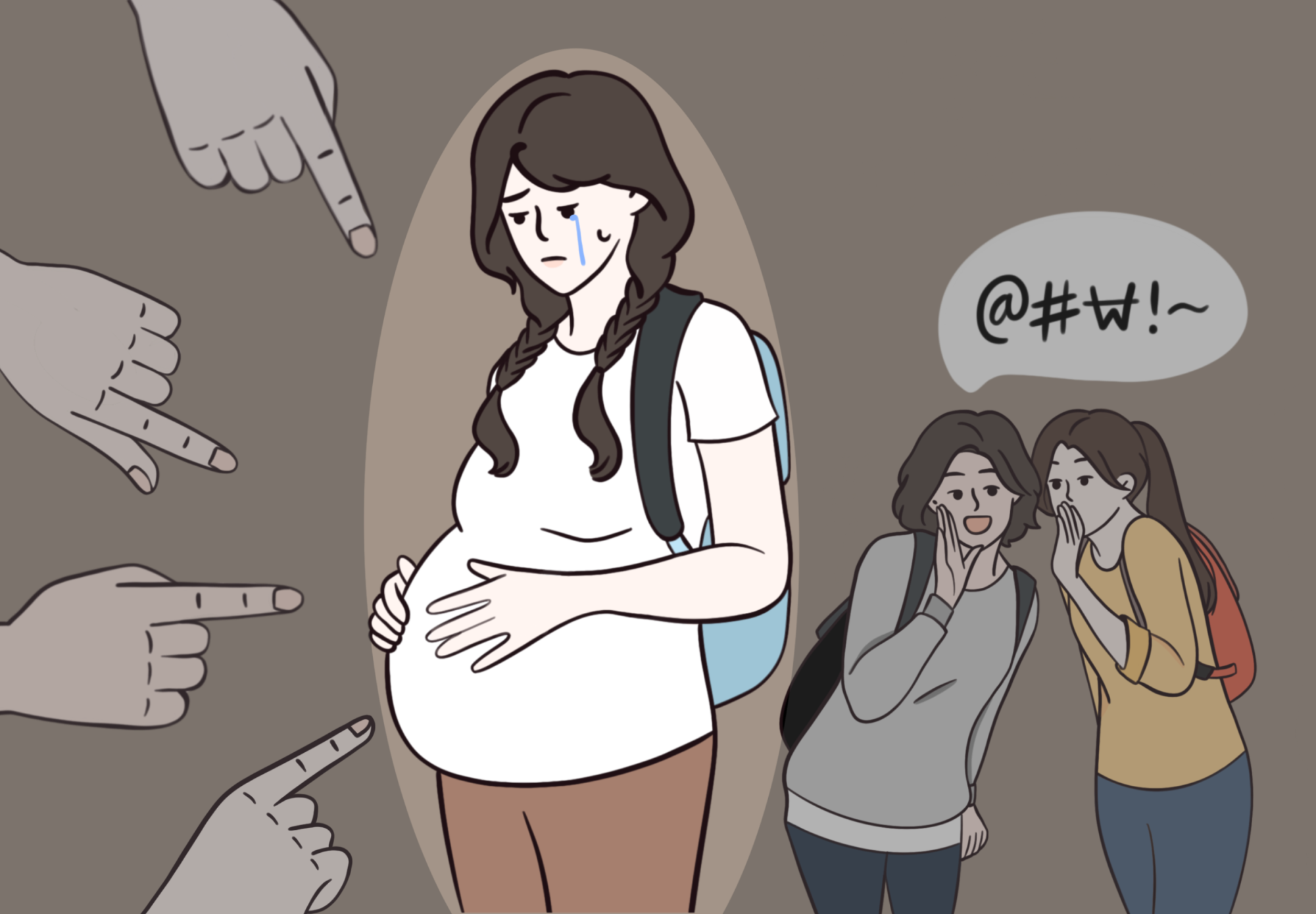
Typical teenagers tackle academics, part-time jobs, and social relationships. But some young adults in Korea grow up a little sooner due to a heavier responsibility: pregnancy. K-dramas often overlay stories of teenage parents with love and support, but for many, unprepared conception brings severe criticism, economic burdens, and the fear of an uncertain future. Here’s the true story of those who grapple with judgment and ostracism.
The prevalence of sexual relationships among Korean adolescents cannot go unnoticed. 5 out of 100 reported experience with underage relations, and even now, these occurrences rise in frequency across the nation. However, prevention efforts remain stagnant. The upsweep of teenage pregnancies mainly arises from inadequate sex education – less than 30% of those engaged in teenage sex reported that they always use contraceptives.
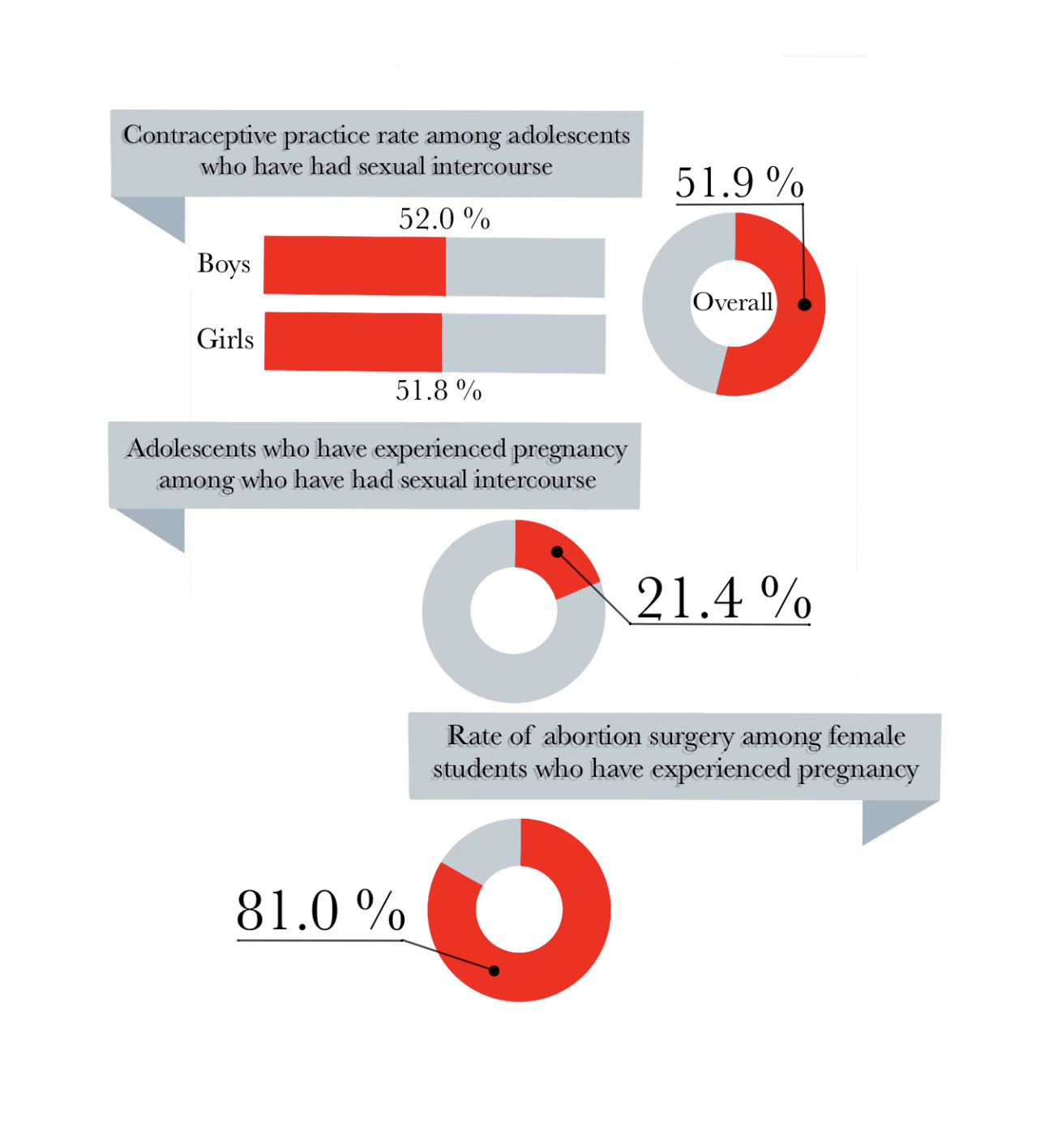
“Both medical and psychological aspects of sex education should be comprehensively addressed,” said obstetrician Sangduk Shim. “It’s also crucial to educate teenagers to prioritize contraception during intercourse.”
Although greater attention to education seems pivotal, the common social stigma that teenage pregnancy derives from ignorance and irresponsibility challenges young parents. Adolescents who require even more guidance and care on an unfamiliar concept of maternity and child-rearing instead face hostility throughout their parenting journey.
“Negative views followed me like a shadow for giving birth to a child at a young age,” said Yejin Kim, a participant featured on “Teenage Parents,” a Korean TV show focused on the reality of early pregnancy and childcare.
Shim said, “It’s evident that there is a lack of adequate support for those who become parents at a young age. There is a need to improve governmental assistance for and societal attitudes towards teenage parents.”
Despite the tedious process required for abortion in Korea, over 80% of juveniles opt to end their pregnancies. This decision leaves adolescents prone to physical side effects as well as psychological trauma. What drives so many teenagers to make this choice? Financial difficulties and their unmarried status. A staggering 96% of teen parents attribute these two factors as the major culprits of abortion.
The Ministry of Gender Equality & Family Republic of Korea revealed that 8 out of 10 teen parents face economic burdens due to minimal childbirth support for unmarried teenagers and a high unemployment rate. Only 57% hold jobs, and among them, 66% work part-time.
“It was really hard because I didn’t have a fixed income and worked at a part-time job during the full duration of the pregnancy and even right after giving birth. I couldn’t even receive postpartum care because I had to make money,” Kim said.
The vilified title of “irresponsible adolescents” traps society in a vicious cycle of ostracism for teen parents. Shunned from communities, unable to find full-time jobs, refused from childbirth support, and criticized for poor parenting, teenagers resort to abortion. Shim said, “What’s more important than making abortion more accessible for teenagers is developing societal conditions to prevent abortion. That involves ensuring widespread contraception and improving conditions for childbirth and childcare in our society.”
To properly address the struggles of high-schooler parents, we must create a more accepting atmosphere. “I think it’s a priority to get rid of the stereotype that teen parents are irresponsible,” said Kim.
Mr. Jolly, the head of our school, said, “Individuals have to take responsibility for their own actions, but supporting the children and their decisions and making sure they feel cared for is paramount.”
A common expression in Korea claims that “In life, you regret the three years of high school the most.” At this pivotal stage of growth, teenage parents must set out on the arduous path ahead of them – whether it be a lifelong regret, or a blessing in disguise. Regardless of circumstances, individuals deserve the right to nurture their children in a safe and stabilized environment. Korea must undertake social and education reforms to build a supportive community for those who seek help.


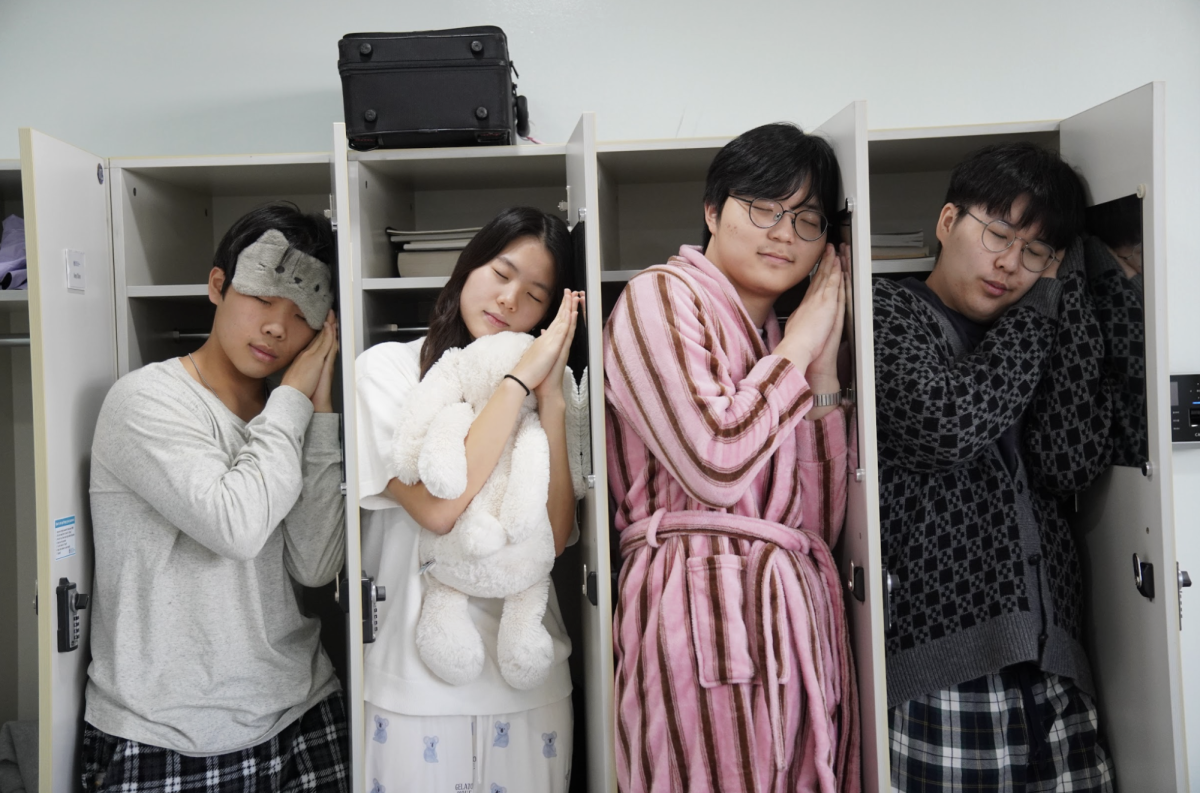
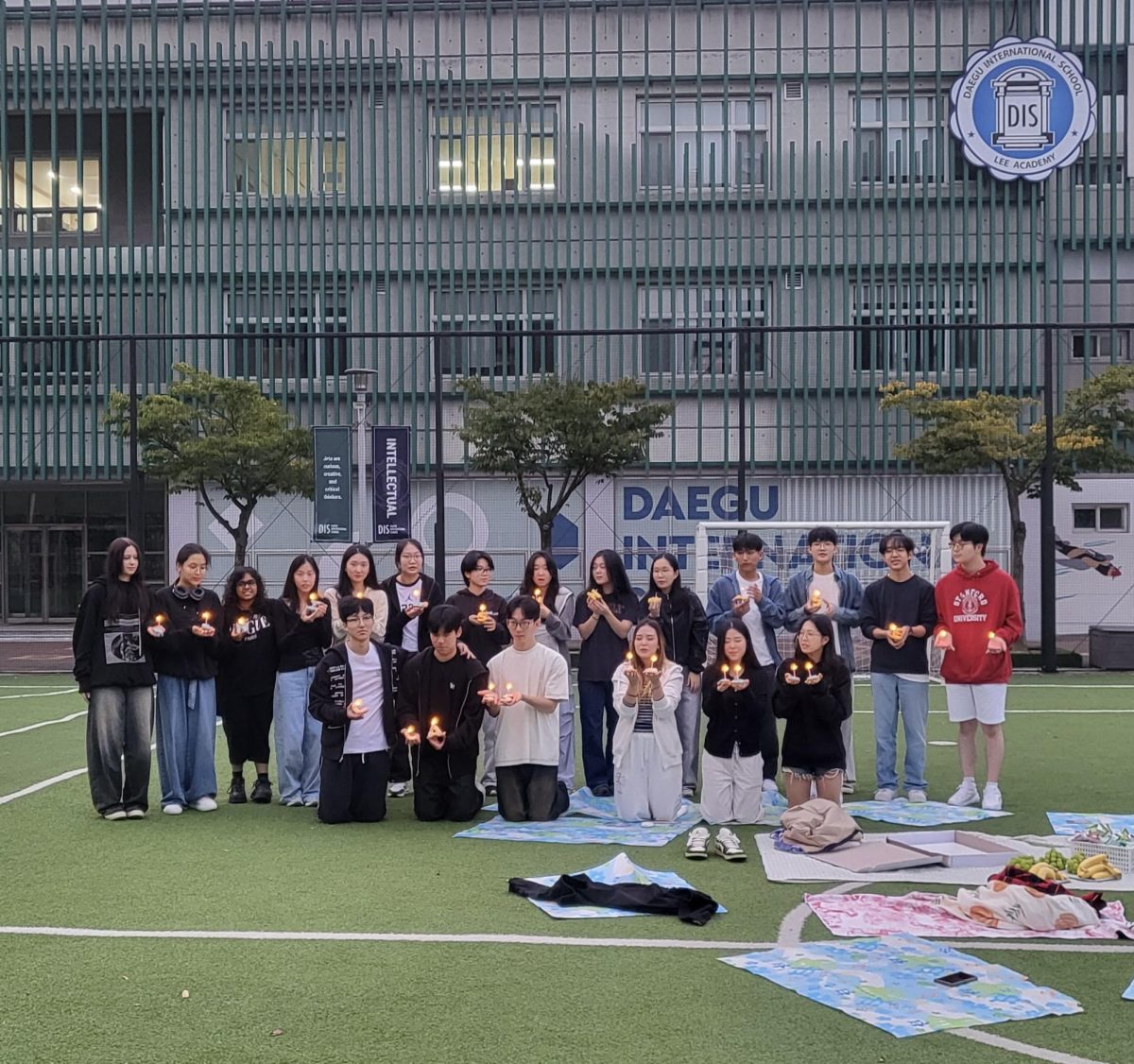



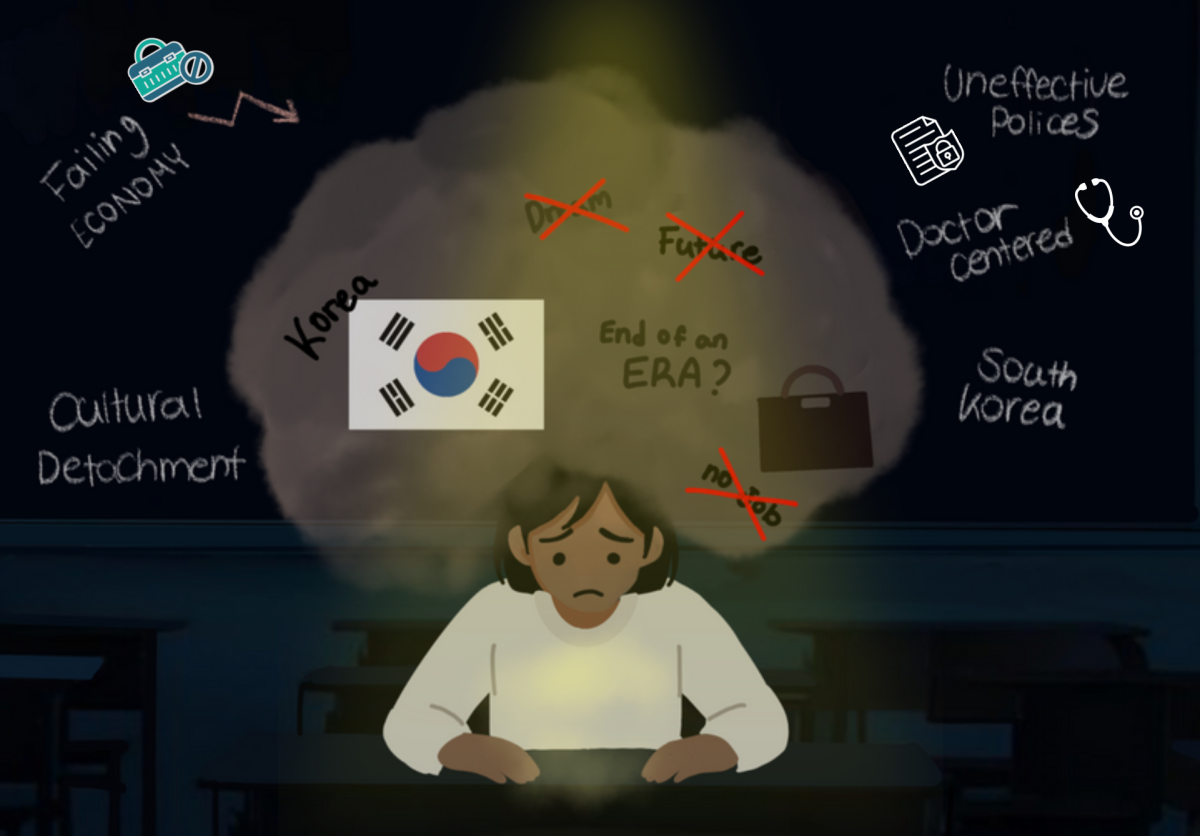


















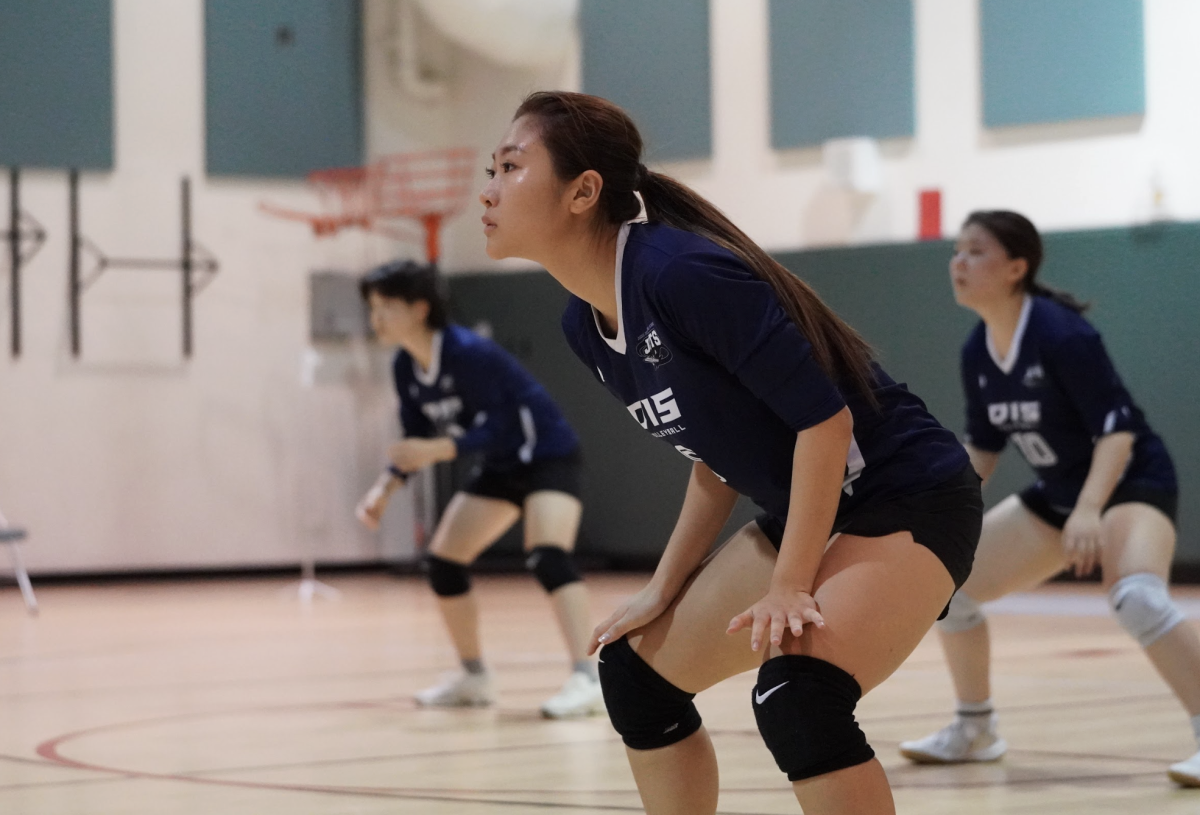
























Ms. White • May 2, 2024 at 5:46 pm
I appreciated reading this Bonnie. It’s well written and well researched. It’s also a topic that I don’t hear much about in Korea. Thank you for writing this article.